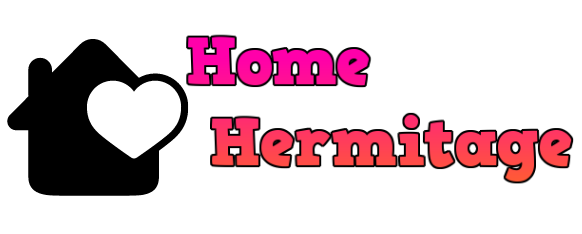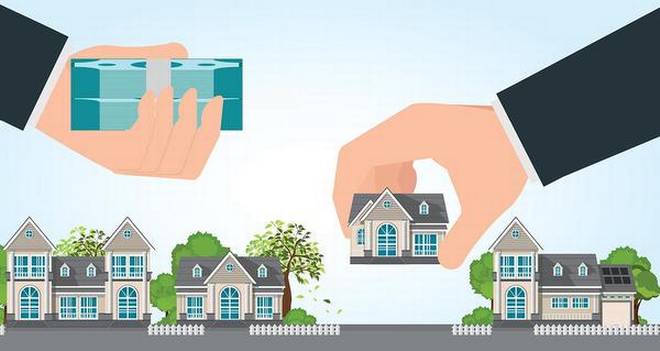
1. Conventional Loan: A conventional mortgage is not guaranteed or insured by a government agency. It typically requires a higher credit score and a down payment ranging from 3% to 20% of the purchase price.
2. FHA Loan: Insured by the Federal Housing Administration, an FHA loan is an option for homebuyers with lower credit scores or limited down payment funds. It requires a minimum down payment of 3.5%.
3. VA Loan: Available to veterans, active-duty service members, and eligible surviving spouses, a VA loan offers low-interest rates and flexible qualifying requirements with no down payment required.
4. USDA Loan: Backed by the U.S. Department of Agriculture, USDA loans are designed to help low- to moderate-income homebuyers in rural areas. They offer low-interest rates and require no down payment.
5. Jumbo Loan: Jumbo mortgages are used when the loan amount exceeds the conforming loan limits set by Freddie Mac and Fannie Mae. They typically have higher interest rates and stricter qualification criteria.
6. Adjustable-Rate Mortgage (ARM): An ARM offers a fixed interest rate for an initial period, after which the rate adjusts periodically based on market conditions. This option may be ideal for buyers planning to sell or refinance within a few years.
7. Fixed-Rate Mortgage: With a fixed-rate mortgage, the interest rate remains constant throughout the loan term. This provides stability and predictability for homebuyers, especially for those planning to stay in the home long-term.
8. Home Equity Loan: Also known as a second mortgage, a home equity loan allows homeowners to borrow against the equity they have built in their property. These loans typically have fixed interest rates and are used for larger expenses like home renovations.
9. Bridge Loan: A bridge loan provides short-term financing to bridge the gap between the purchase of a new home and the sale of the current one. It can help homebuyers access funds for a down payment without needing to sell their existing property first.
10. Reverse Mortgage: Designed for older homeowners, a reverse mortgage allows them to convert a portion of their home equity into loan proceeds. The loan is repaid when the homeowner sells the property, passes away, or no longer occupies it as their primary residence.



